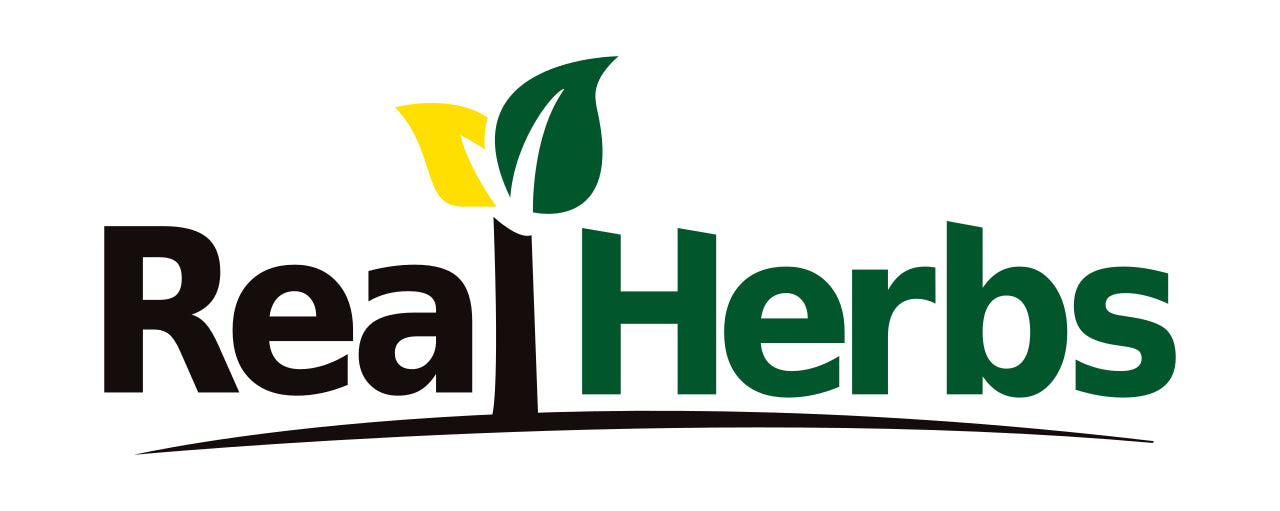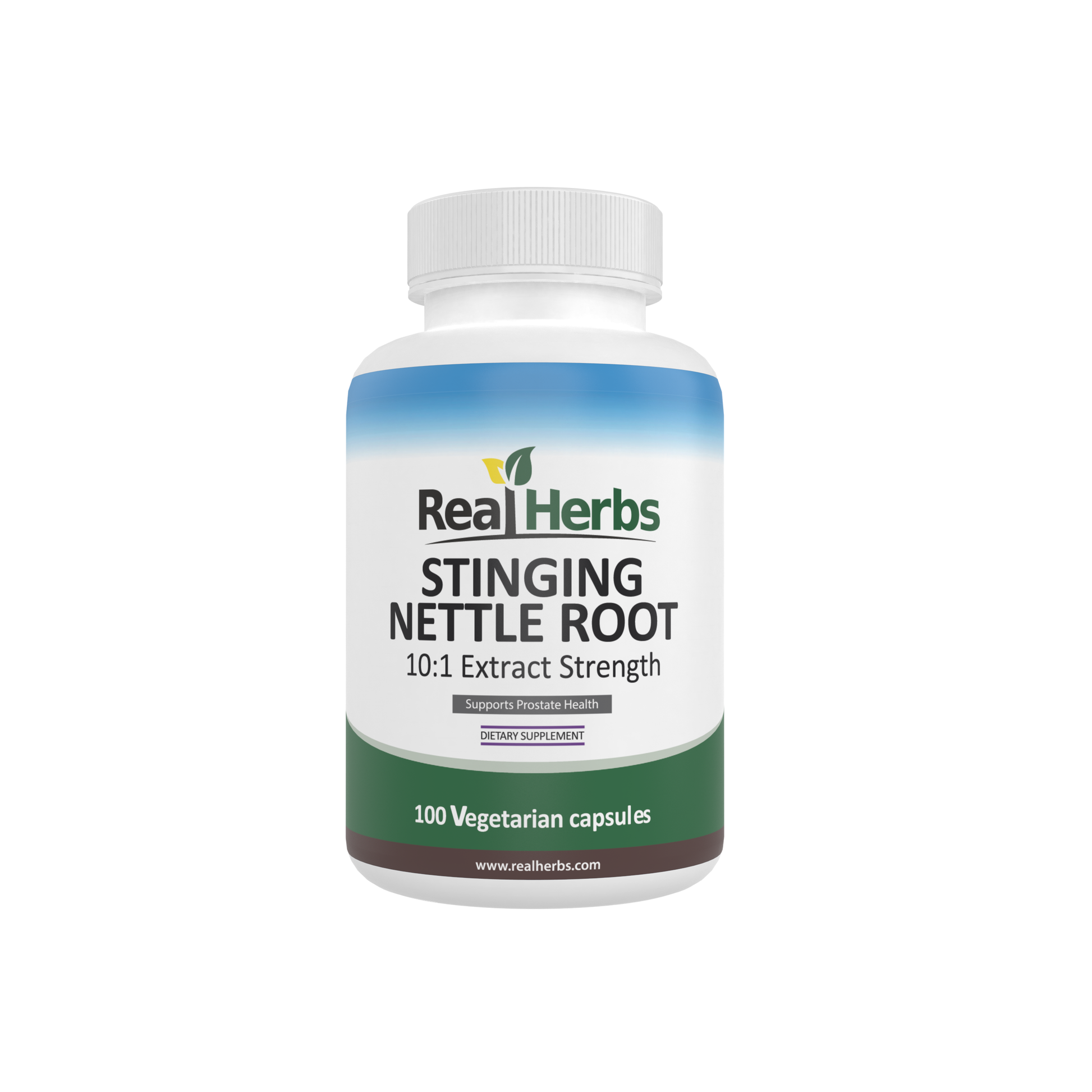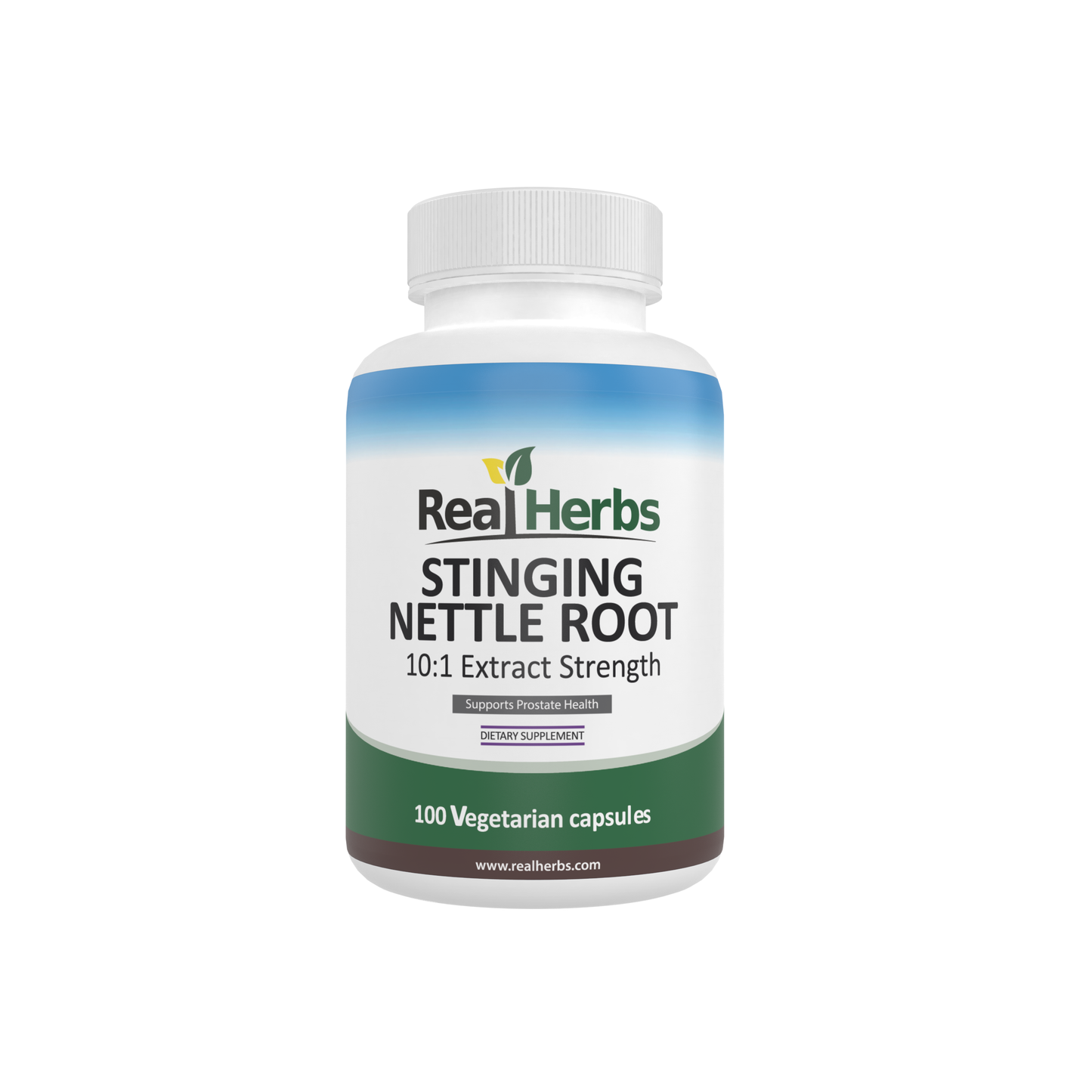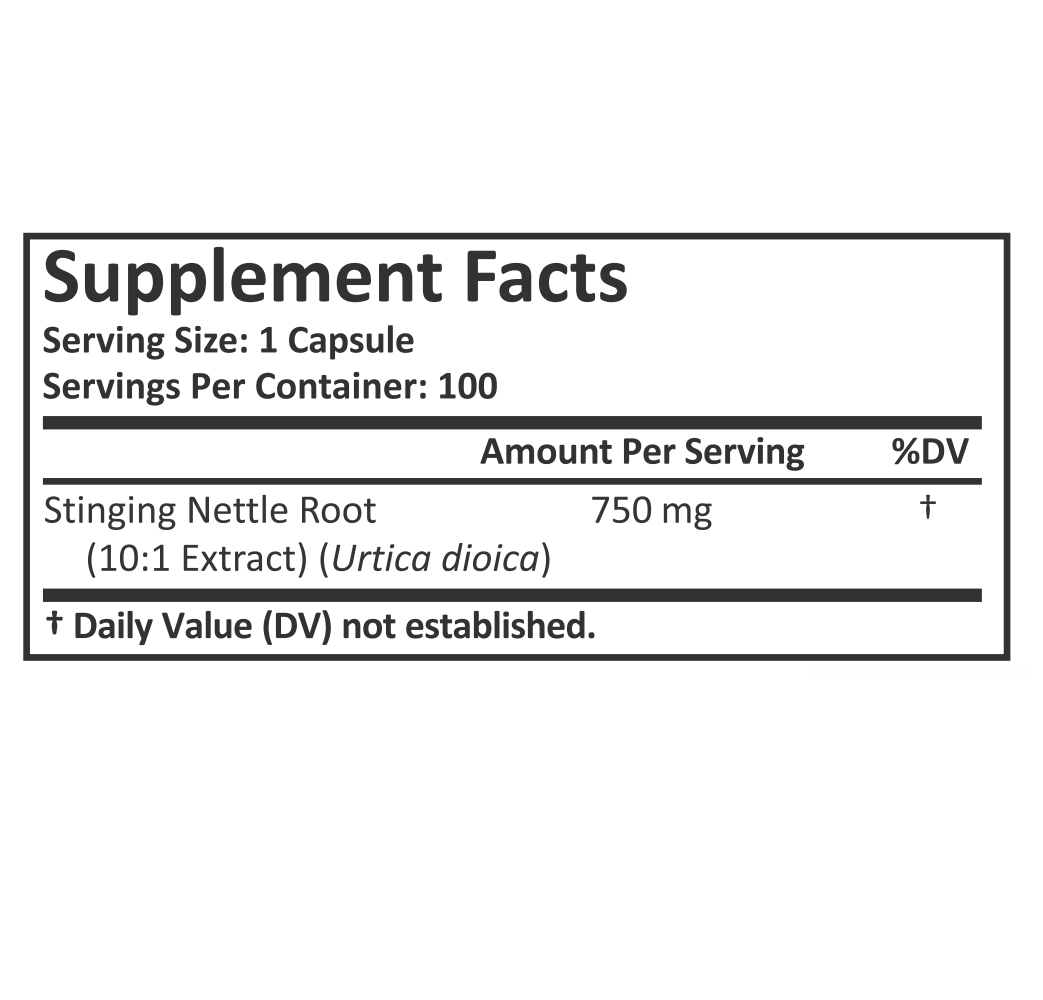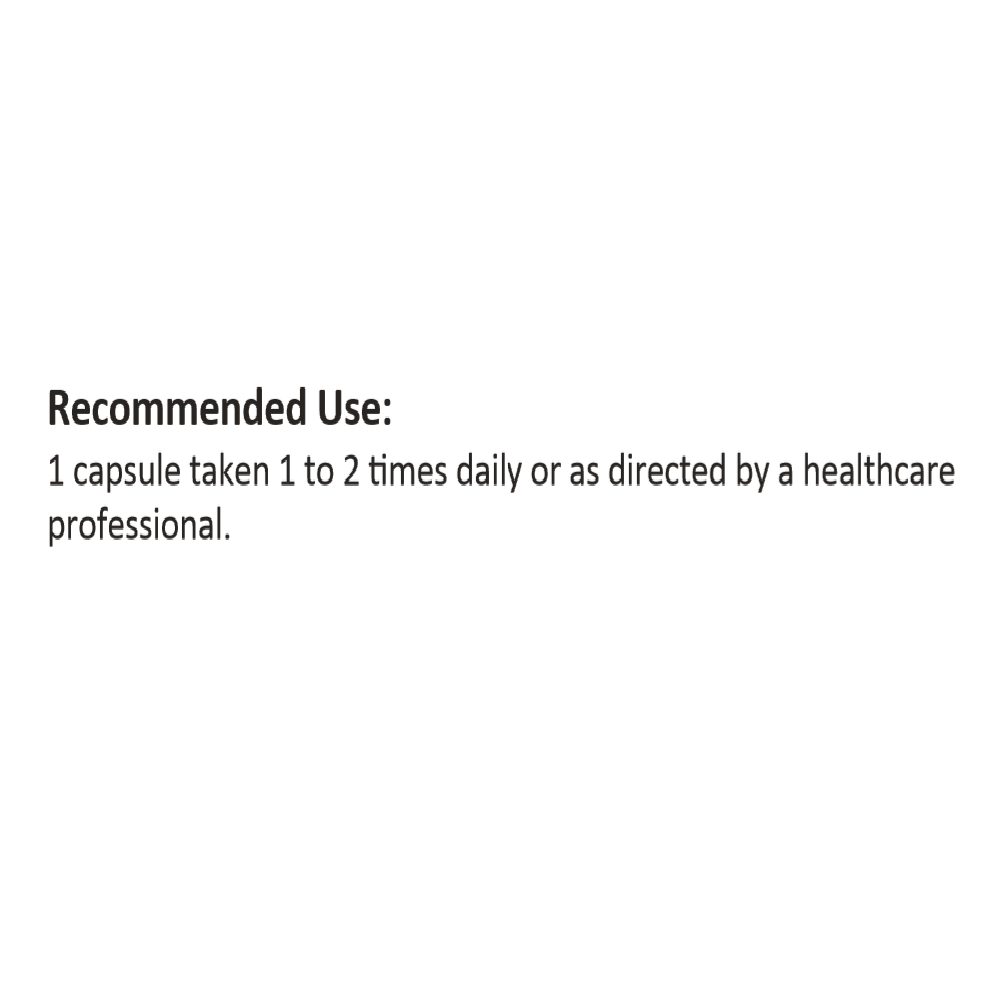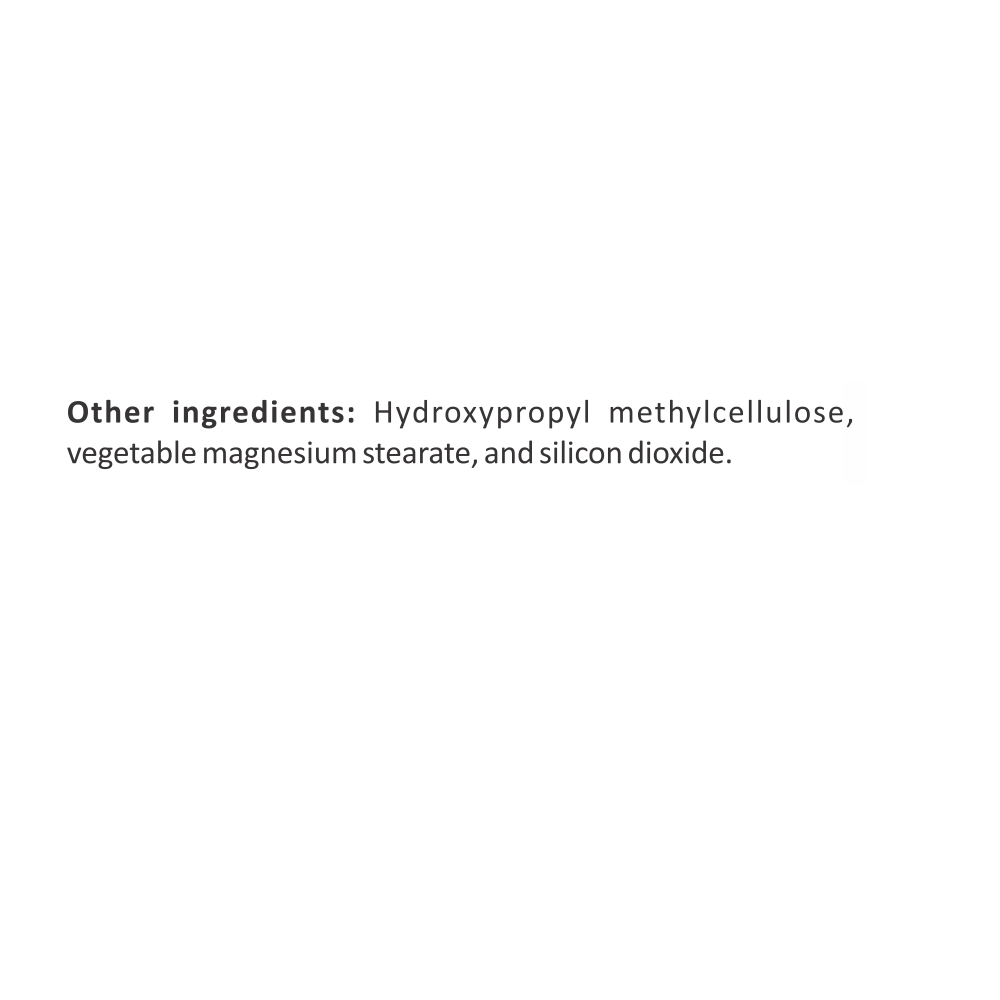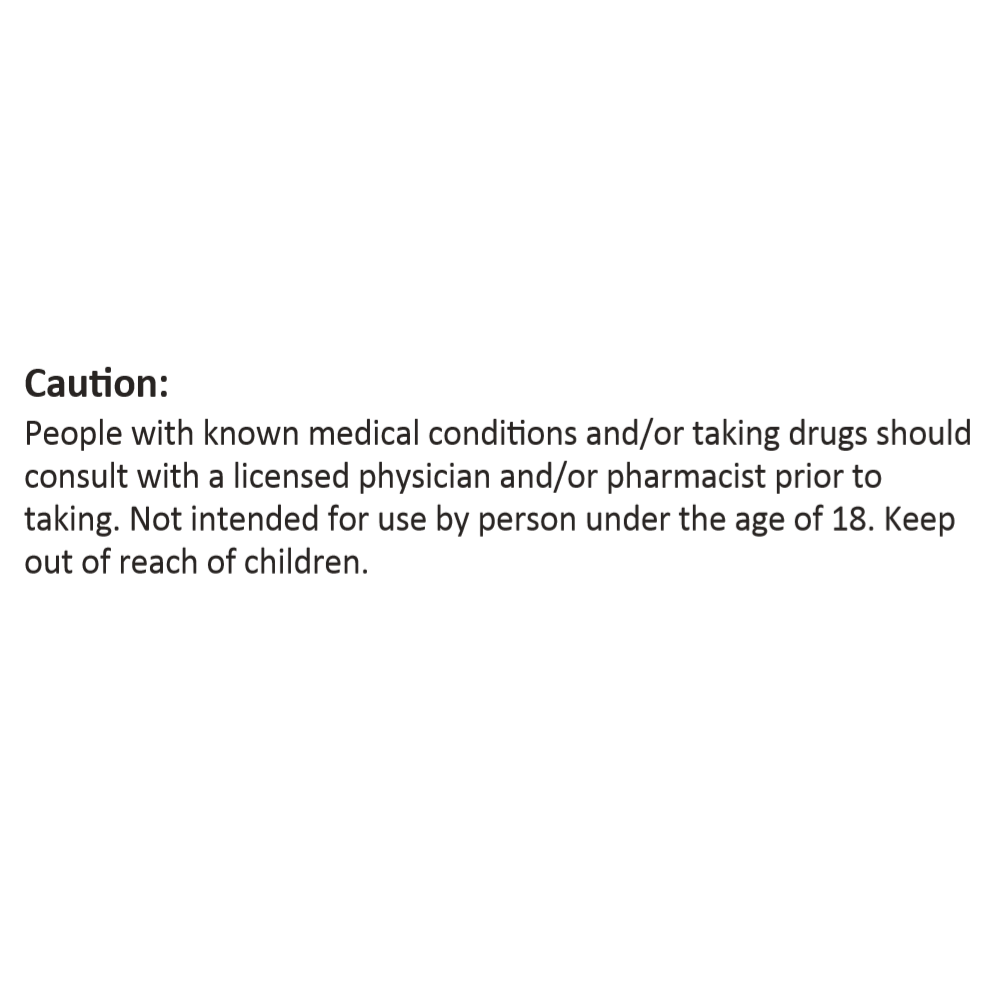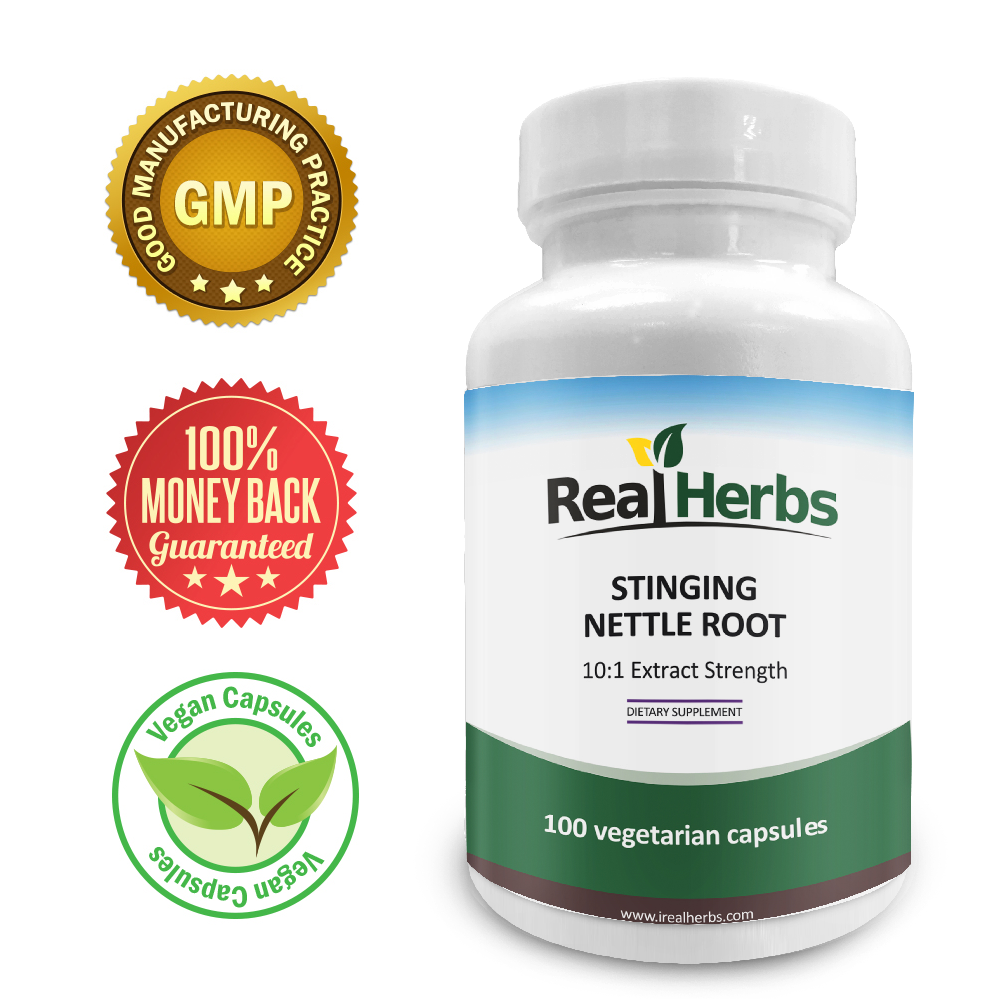The immune system is essential in protecting the body from illness and infection. When our immune defenses are weak or compromised, we may experience a variety of symptoms including fatigue, frequent colds and infections, and a general sense of fatigue. A variety of factors can contribute to this, including stress, poor diet, and a lack of sleep.
Fortunately, we can support and strengthen our immune systems by making lifestyle changes and incorporating immune-boosting supplements into our daily routine. Stinging nettle root is one such supplement that has gained popularity due to its potential immune-boosting properties.
Urtica dioica, or stinging nettle root, is a medicinal herb with a long history of use for a variety of ailments. It has recently been studied for its ability to support the immune system and alleviate the symptoms of allergies and upper respiratory tract infections. We will look at the history, mechanisms of action, and scientific research on the immune-boosting properties of stinging nettle root in this article. We will also go over recommended dosage and considerations for incorporating this supplement into your health regimen.
History
For centuries, stinging nettle (Urtica dioica) has been used as a medicinal herb to treat a variety of ailments, including allergies, arthritis, and urinary tract problems. Stinging nettle root Stinging nettle roo has recently gained popularity due to its potential immune-boosting properties.
How it works
The root of stinging nettle includes a variety of compounds that may contribute to its immune-boosting properties. Lignans are plant compounds with antiviral and antioxidant properties, and lectins are proteins with immune-regulating and anti-inflammatory properties.
Animal studies have shown that lignans found in stinging nettle root, such as pinoresinol and lariciresinol, have antiviral properties. They may also have antioxidant properties, assisting in the protection of cells from oxidative stress and damage.
Lectins, on the other hand, have been shown to have immune-regulating properties by interacting with immune system cells. They may also have anti-inflammatory properties, assisting in the reduction of inflammation in the body.
In addition to these compounds, stinging nettle root contains vitamins and minerals that may help with overall immune function.
Overall, the immune-boosting properties of stinging nettle root could be attributed to a combination of these compounds working together to support immune cell production, regulate the immune response, and reduce inflammation in the body.
Studies and Results
Several studies on the effects of stinging nettle root on the immune system have been conducted.
In one study published in 2011, stinging nettle root supplementation significantly increased the production of immune cells known as T cells in mice. T cells are white blood cells that play an important role in the immune response.
Another 2015 study looked into the effects of stinging nettle root extract on mice suffering from colitis, a type of inflammatory bowel disease. The extract was found to reduce inflammation and improve immune function in mice in the study.
A number of human studies on the immune-boosting effects of stinging nettle root have also been conducted. A 2016 study discovered that taking stinging nettle root supplements improved allergy symptoms in humans, such as nasal congestion and sneezing.
In addition, stinging nettle root was found to reduce the frequency and severity of upper respiratory tract infections in humans in a 2017 study.
Overall, research suggests that stinging nettle root may have immune-boosting properties and may be able to alleviate allergy and upper respiratory tract infection symptoms. More study, however, is required to fully understand its mechanisms of action and optimal dosage.
Recommended Dosage
The dosage for stinging nettle root varies depending on the product and form it is taken in. A typical dose for immune support is 300-500 mg per day. Before starting any new supplement, it is essential to follow the dosage instructions on the specific product you are using and to consult with a healthcare provider.
Conclusion
Stinging nettle root has a long history of use as a medicinal herb and has been shown in animal and human studies to have immune-boosting effects. Consider such as stinging nettle root in your health routine if you want to boost your immune system.
References
-Yuan, J., et al. "Stinging nettle root extract activates immune function by increasing CD4+ and CD8+ T cell activity." Phytotherapy Research, 2011.
-Park, J., et al. "Stinging nettle root extract ameliorates immune dysfunction and inflammation in a mouse model of colitis." International Immunopharmacology, 2015.
-Schapowal, A., et al. "Treatment of allergic rhinitis with butterbur and stinging nettle: A systematic review and meta-analysis." Phytomedicine, 2016.
-Schapowal, A., et al. "Efficacy and tolerability of a standardized extract from the roots of stinging nettle (Bazoton-uno) in patients with lower urinary tract symptoms: A randomized, double-blind, placebo-controlled, multicenter trial." Urology, 2017.
